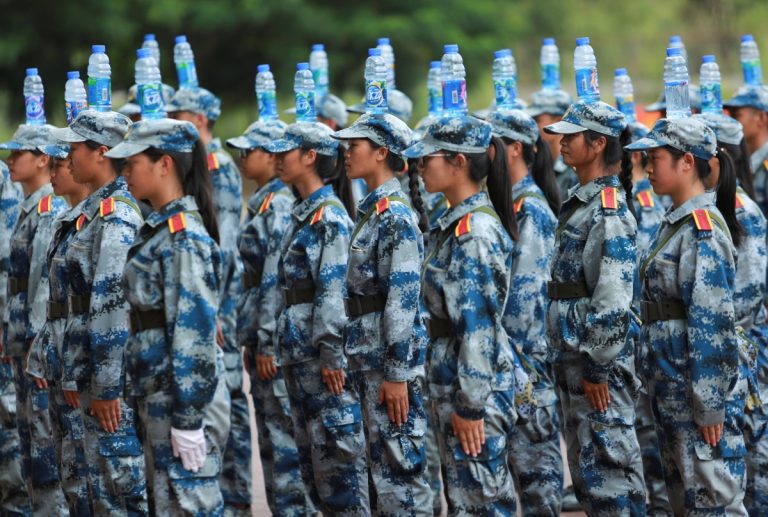
Not content with being a global superpower economically and politically, China has ambitions of topping the world in terms of its higher education sector as well.
Under the country’s Double First Class project – which has run since 2015 and operates on a five-year cycle – China aims to reach a number and quality of world class universities among the best in the world by 2050.
At present, only two Chinese universities are in the top 100 of the prestigious Times Higher Education (THE) Rankings – Peking University at 27 and and Tsinghua University in 30th place.
Only seven out of the top 200 THE-ranked universities are located in mainland China.
“Everyone dreams of having China’s own world-class universities as competitive as Harvard, Yale, Oxford, and Cambridge,” wrote the state news outlet People’s Daily.
“The concept of ranking is deeply rooted in Chinese culture.”
In response to lacklustre results, the Chinese communist government last week released a list of 42 universities this year which it aims to turn into world-class educational institutions under the Double First Class project.
#Yunnan University listed as 'double first-class' https://t.co/EPsAWnHVI1… pic.twitter.com/eGxdNHsIGf
— Amazing Yunnan (@AmazingChina168) September 23, 2017
The initiative will support around 100 academic disciplines, including those that are already “close to becoming world class”, those related to national security and vital interest, as well as emerging and interdisciplinary subjects.
In line with its Belt and Road initiative – a major transnational infrastructure initiative entailing largescale investment across Asia and Europe – “urgently needed” disciplines such as those that support regional development will also be given priority.
“Higher education is a key factor in a country’s development, we should not be misled by this ranking and more effort needs to be made to improve China’s higher education,” wrote an opinion piece in the Chinese government’s English-language mouthpiece, the Global Times.
Almost half a million overseas students studied in China in 2016 – a 35 percent increase on 2012 – however many are concerned that Chinese universities remain lacking in quality.
“Two decades have passed and we’re only sure we have improved in terms of quantity, but there’s been much controversy over quality,” said Chu Zhaohui, a researcher at the National Institute of Education Sciences as quoted by the South China Morning Post.
“Many organisations have claimed that we’ve published a lot more papers in international publications, but we are not so sure when it comes to the people we’ve nurtured – how competent they are and what academic levels they’re at.”
According to the Global Times piece, “Chinese universities should develop a world vision, adopt international standards, and become more open in both academic and method applications, and reforming by opening-up.”
Liked this? Then you’ll love…
North Korean students are mining for nuclear knowledge abroad, mostly in China







